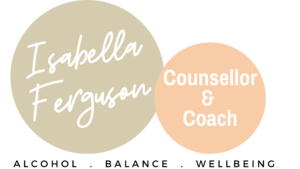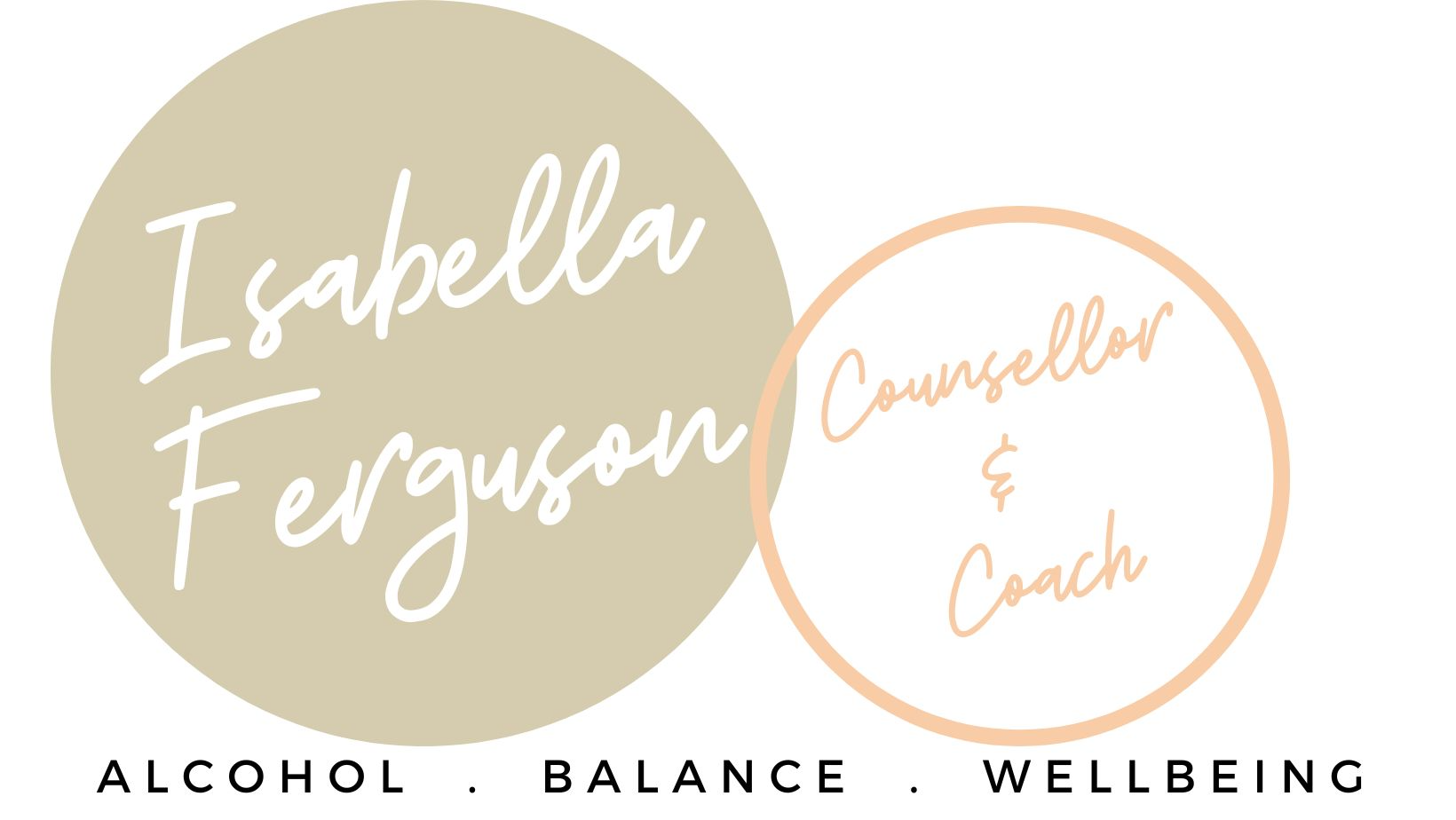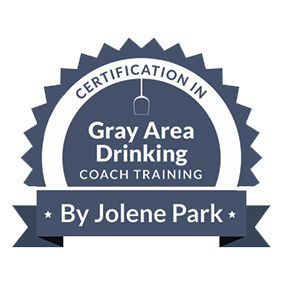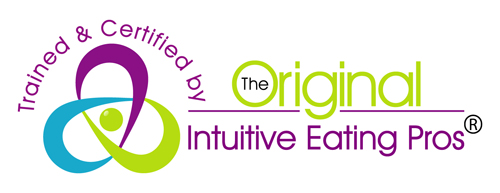The Science of Habit Change and Finding Joy Beyond Alcohol
Dr. Gina Cleo recently gave a terrific talk to members of my current Alcohol Freedom Challenge about evidence-based strategies to create healthier habits and break free from unhelpful routines like drinking wine after work or when cooking. Her full talk will soon be available on the Not Drinking Alcohol Today podcast, but I thought I’d share her main points here first.
Debunking the 21-Day Myth
The idea that habit change takes 21 days is a myth. Scientific evidence shows that the time required to form a habit varies greatly depending on its complexity and how deeply ingrained it is. For instance, simple habits, like teaching a child to wash their hands, may take as little as two weeks. More complex habits, such as reducing alcohol consumption or establishing a gym routine, can take as long as seven months.
In the early stages, motivation is often high, but it tends to drop around the third week. This is when many people feel like they’re “falling off the wagon.” These moments are pivotal—acknowledging setbacks as part of the process and approaching them with self-compassion can determine whether you succeed in the long term. Success often requires multiple attempts, but persistence pays off.
How to Create Healthier Habits
Understanding the Habit Loop
Habits are routine behaviours that we repeat regularly and perform subconsciously. They operate through a simple loop:
1. Cue – The trigger that initiates the habit, such as a location, time, emotion, or action.
2. Routine – The behaviour itself, like pouring a glass of wine after work.
3. Reward – The emotional or chemical payoff, such as relaxation or a dopamine release.
Over time, your brain connects the cue and the reward, making the habit automatic. For example, if you always pour a drink when you get home to unwind, just thinking about getting home can trigger the urge to drink. This automatic cycle is known as the habit loop.
The Role of Subconscious Habits
Habits make up roughly 70% of what we do each day, including brushing our teeth, tying our shoes, or picking up our phone when we wake up. These behaviours are part of the invisible blueprint of our daily lives, driven by triggers and carried out on autopilot.
The Common Mistake
Most people focus on changing the routine (e.g., “just don’t drink”) while ignoring the cue. This approach often fails because the trigger has already activated the brain’s automatic neural pathways.
Steps to Create New Habits:
1. Identify Triggers: Keep a journal for a few days to spot patterns. Are there specific external triggers, like sitting in a particular chair, or internal triggers, such as stress or boredom?
2. Replace the Routine: Instead of pouring a drink, substitute the behavior with something healthier that provides a similar sense of reward. For stress, try meditating or walking. For boredom, call a friend or start a creative activity.
3. Reward Yourself: New habits stick when you feel rewarded. This might be improved sleep, a delicious non-alcoholic drink, or the satisfaction of accomplishing a goal. Celebrating these small wins reinforces the new behavior and helps it become part of your routine.
Dopamine’s Role in Habit Change
What is Dopamine?
Dopamine is a neurotransmitter that plays a key role in motivation, reward, and pleasure. When you drink alcohol, your brain releases a surge of dopamine, creating feelings of relief and satisfaction. This reinforcement strengthens the habit loop, making it harder to break.
How Alcohol Impacts Dopamine:
The dopamine increase from alcohol varies by person, depending on genetics, but it can range from 40% to 360% above baseline levels. For comparison:
– Chocolate increases dopamine by about 150%.
– Exercise boosts it by 200%.
– Nicotine and cocaine raise it by 250%.
– Methamphetamine spikes dopamine by a staggering 1,000%.
Breaking the Cycle:
Reducing alcohol consumption can make life feel dull initially because your brain has grown accustomed to the artificial dopamine boost. This is why the first three weeks of cutting back often feel particularly challenging. However, over time—typically 30 to 90 days—your brain recalibrates its dopamine system, and you begin to find pleasure in other activities.
Reframing Alcohol’s Appeal:
A powerful strategy is to shift your perception of alcohol. Instead of viewing it as a reward, think of it as a toxin that disrupts sleep, causes fatigue, and negatively impacts mental health. By focusing on these downsides, you can weaken its hold on your brain’s reward system.
Building Natural Dopamine Sources:
– Morning sunlight, exercise, and cold showers naturally boost dopamine levels.
– Engaging in hobbies, laughing, and achieving goals also provide sustainable dopamine.
– Each time you resist an old habit and form a new one, the sense of accomplishment releases dopamine, reinforcing the new behavior. Even saying “I’m proud of myself” can strengthen this cycle.
The Power of Novel Experiences
Trying new things is one of the most effective ways to reduce reliance on alcohol and boost your motivation. Novel experiences trigger dopamine release due to their unpredictability and excitement. These fresh sources of joy can eventually replace alcohol as your routine reward.
Even small changes, like taking a different route to work or trying a new recipe, can add variety to your day and create opportunities for positive reinforcement. Celebrate these moments of progress, no matter how small—consistent, small changes lead to big transformations.
Habit Transfer: Navigating New Dependencies
Switching from alcohol to other habits, such as coffee or sugar, is common because these behaviors also release dopamine. While these replacements are often less harmful, they can still become problematic if overindulged.
How to Manage Habit Transfer:
– Change your environment to disrupt old triggers. For example, if you associate cooking with drinking wine, focus on the cooking process instead of the drink.
– Substitute unhealthy habits with pleasurable but healthier alternatives, such as experimenting with new recipes or focusing on family time.
This process, known as neuroplasticity, allows the brain to form new connections and break old patterns.
Final Thoughts on Habit Change
Breaking free from old habits and forming healthier ones is a journey that requires persistence, self-compassion, and a willingness to embrace change. Awareness of your habit loops, combined with intentional efforts to replace routines and reward yourself, can help you build a life filled with joy and balance.
By broadening your sources of happiness and leaning into natural dopamine boosters, you can create lasting habits that support your well-being and reduce your reliance on alcohol. Celebrate every win, no matter how small—because those small steps are what lead to transformative change.
I hope you enjoyed this blog.
If you are interested in joining my next challenge, sign up to the waitlist here: https://resources.isabellaferguson.com.au/alcoholfreedomchallenge
If you are interested in going deeper and delving into my online course, lear more here: https://resources.isabellaferguson.com.au/TheAlcoholRevolutionAlcoholFreeOnlineProgramOverview
Otherwise, I hope you have a great day.
Warm regards
Isabella

 What types of triggers do you have?
What types of triggers do you have?




